Monosodium Glutamate Have Gluten
Monosodium glutamate have gluten. MSG is one of many forms of glutamic acid a naturally occurring amino acid found in foods and in your body. Monosodium glutamate MSG is a flavor enhancer commonly added to Chinese food canned vegetables soups and processed meats. While most people dream of eating exotic foods from around the globe food allergy sufferers see it as a minefield one which is even harder to negotiate a language barrier.
It has been produced from both wheat gluten and sugar beet molasses but is now produced almost entirely from the latter in a highly purified form. A person with Celiac disease may react to the wheat that may be present in soy sauce but not to the MSG in the product. It has earned a reputation for giving many foods a satisfying taste.
Overview Monosodium glutamate MSG is used as a flavor-enhancing food additive. The Food and Drug Administration FDA has classified MSG as a food ingredient thats generally recognized as safe but its use remains controversial. Wheat gluten was originally used for hydrolysis because it contains more than 30 g of glutamate and glutamine in 100 g of protein.
But what exactly is monosodium glutamate. Most commercial MSG comes from the fermentation of sugar beets molasses sugar cane or starch. This well-known flavor enhancer has been used for decades and can be found in a wide variety of foods.
And yes this applies even to. The worst part if you are sensitive to gluten or Monosodium Glutamate MSG can be the food. Glutamate is an amino acid that is produced in the body and also occurs naturally in many foods.
In fact the modern process for manufacturing MSG has nothing to do with gluten at all. It has a bad reputation because many believe it can cause allergy-like symptoms and side effects. The FDA asserts that MSG is naturally gluten-free and that those with Celiac disease can safely consume it.
However this additive has also gained many detractors due to anecdotal reports of. We sincerely hope to establish business relationships and cooperate with you.
And yes this applies even to.
The worst part if you are sensitive to gluten or Monosodium Glutamate MSG can be the food. It has earned a reputation for giving many foods a satisfying taste. Monosodium glutamate MSG is a flavor enhancer commonly added to Chinese food canned vegetables soups and processed meats. It has been produced from both wheat gluten and sugar beet molasses but is now produced almost entirely from the latter in a highly purified form. While the glutamate in MSG may sound similar to gluten it does not cause an allergic reaction on its own. And yes this applies even to. Meanwhile the glutamate part might scare anyone with celiac disease or non-celiac gluten sensitivity who knows they must avoid the protein gluten. Monosodium Glutamate MSG MSG is the sodium salt of glutamic acid an amino acid found in many foods. In fact the modern process for manufacturing MSG has nothing to do with gluten at all.
Monosodium Glutamate MSG made in USA Monopotassium Phosphate Mung Bean Musk Niacin-Niacinamide Nuts check labels if there are flavorings Nut Acron Nut Almond Oats if they are labeled gluten-free Laras made by Cream Hill Estates Bobs Red Mill both have GF Oats Oils and Fats Oleyl AlcoholOil Paraffin Peas Pea Chick Pea. MSG is gluten-free and safe for people with celiac disease. It has been produced from both wheat gluten and sugar beet molasses but is now produced almost entirely from the latter in a highly purified form. MSG stands for monosodium glutamate. MSG monosodium glutamate whose parent protein is glutamic acid is used as a flavor enhancer due to it neurostimulating effect on the taste buds. Finding an unbiased presentation on MSG or monosodium glutamate might take some work. Is Monosodium Glutamate a Gluten.






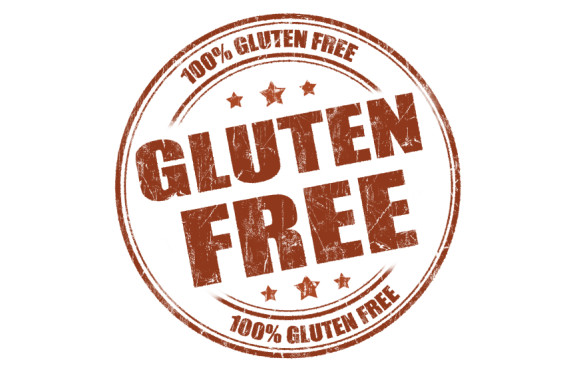
/GettyImages-1032848728-5bbf8bbe46e0fb0058e023d2.jpg)





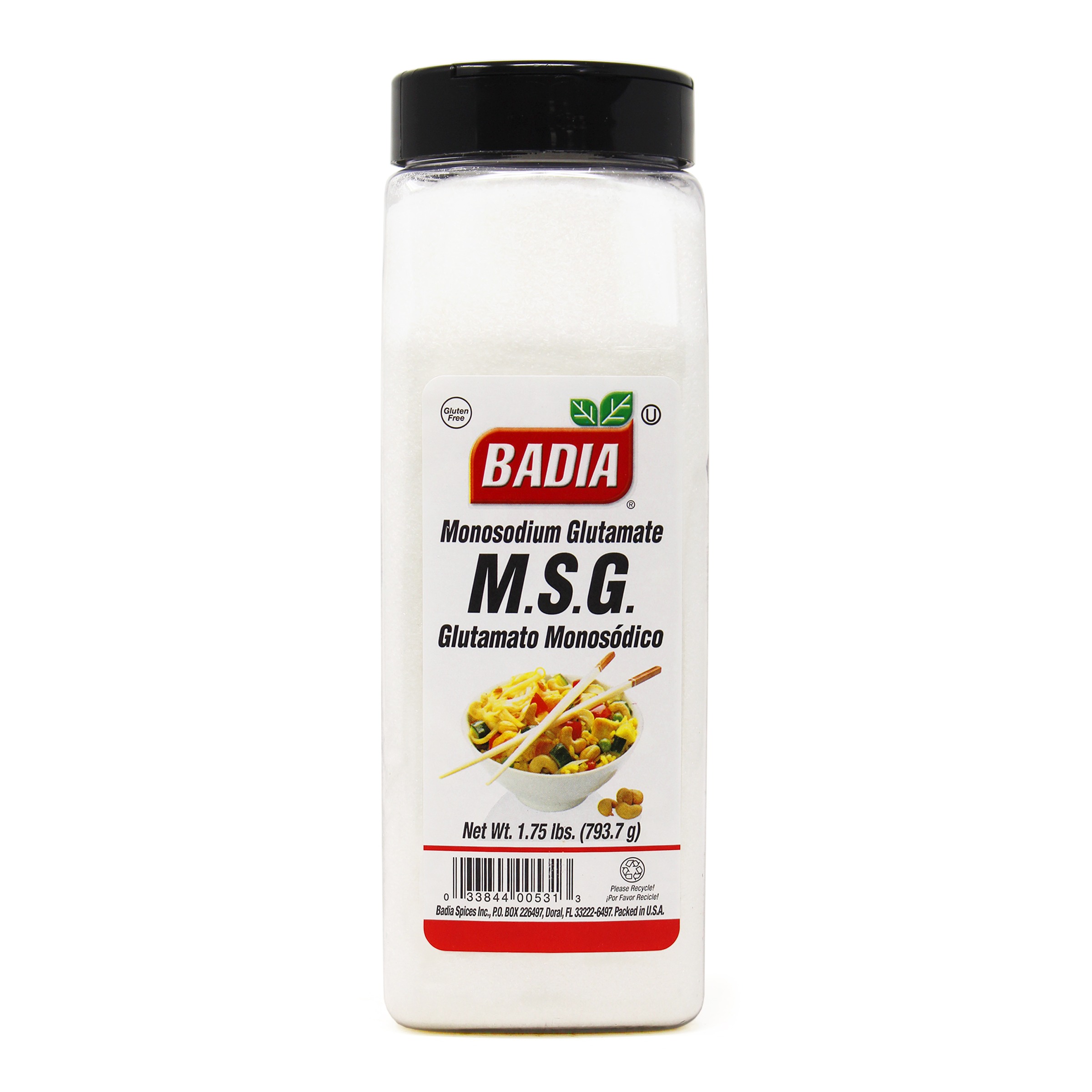





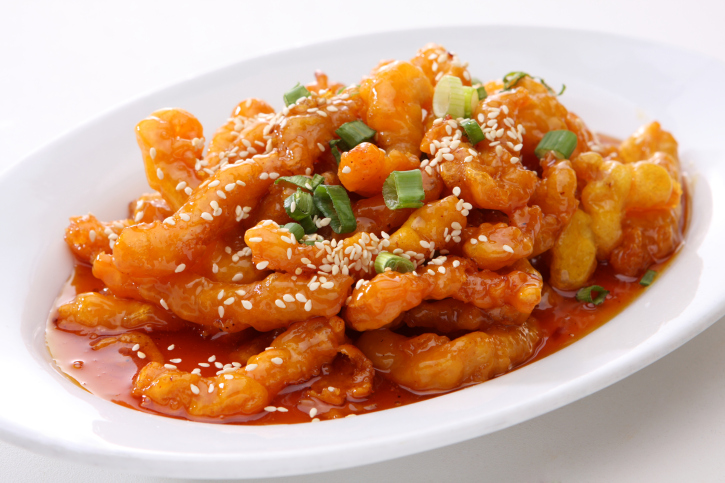
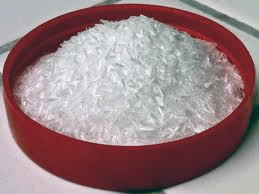


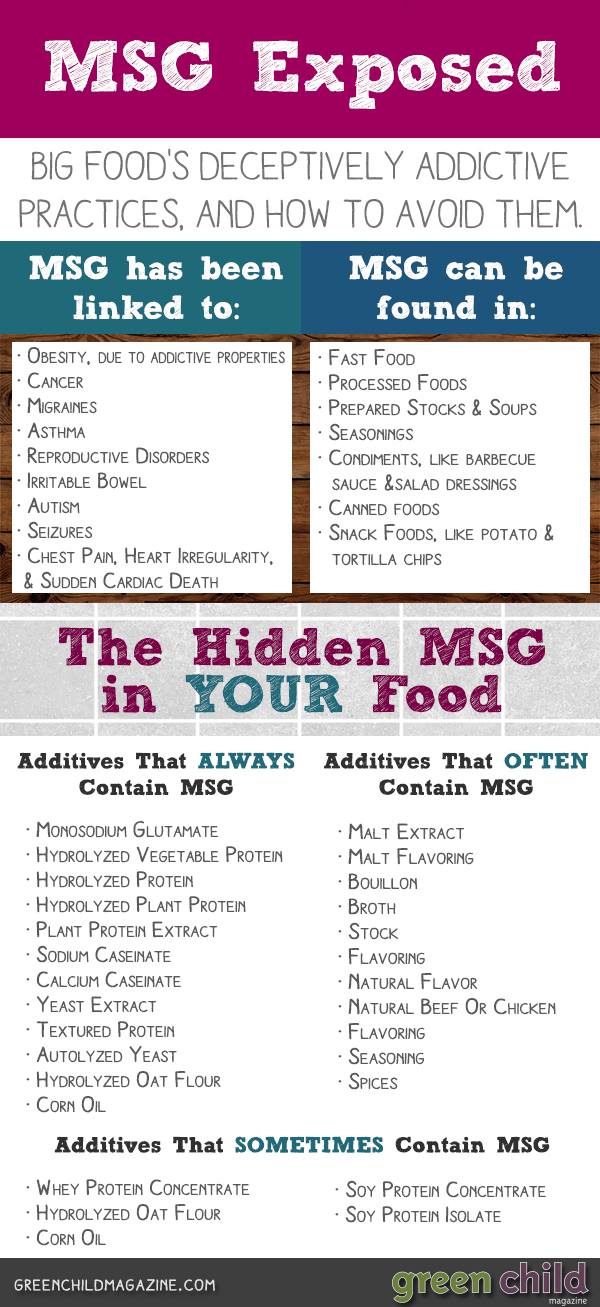


:max_bytes(150000):strip_icc()/GettyImages-152891813-5c00b4f8c9e77c000142c2df.jpg)
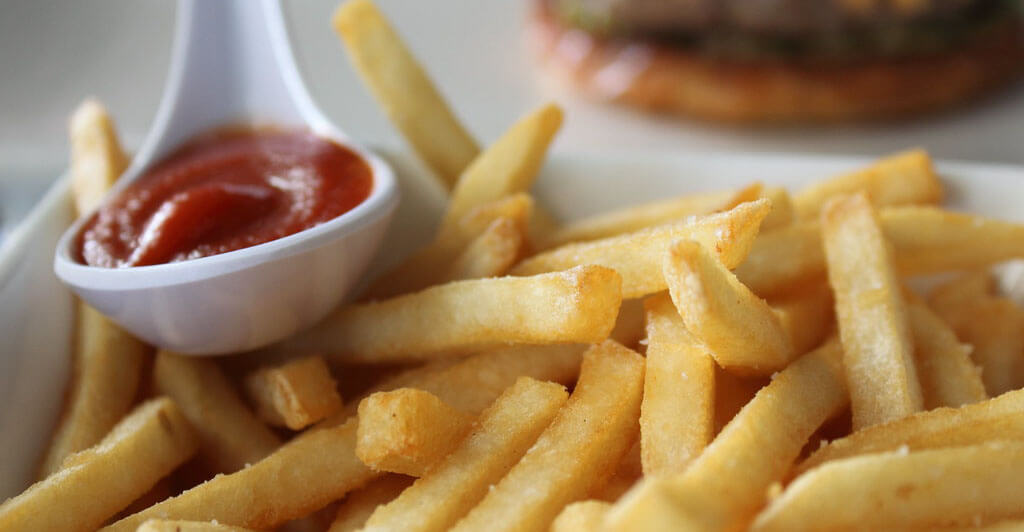




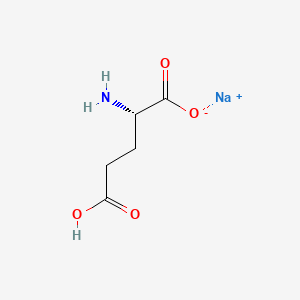


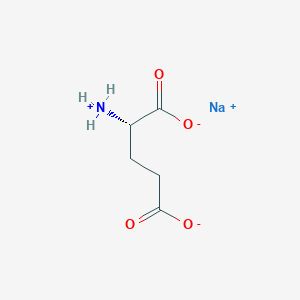


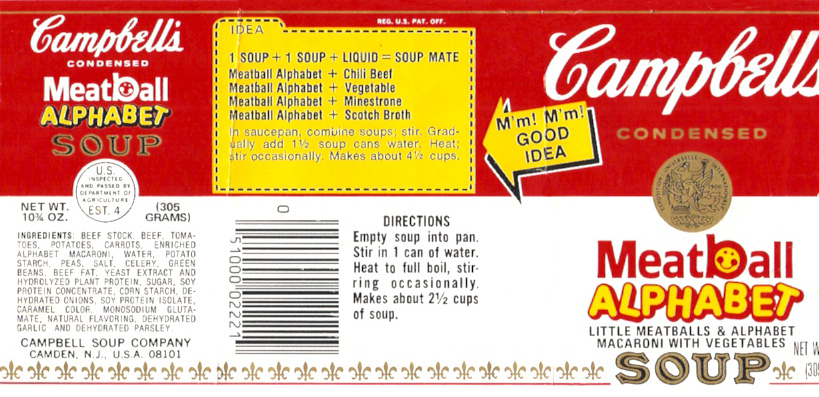
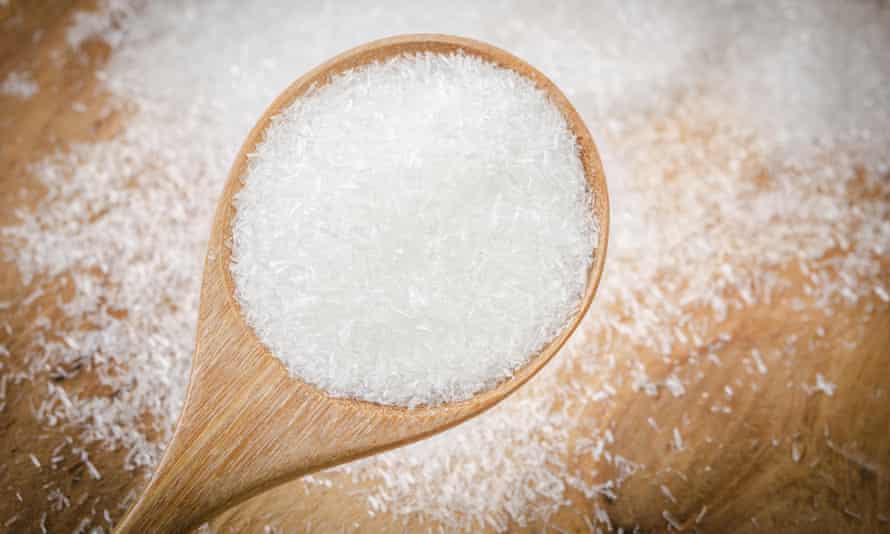

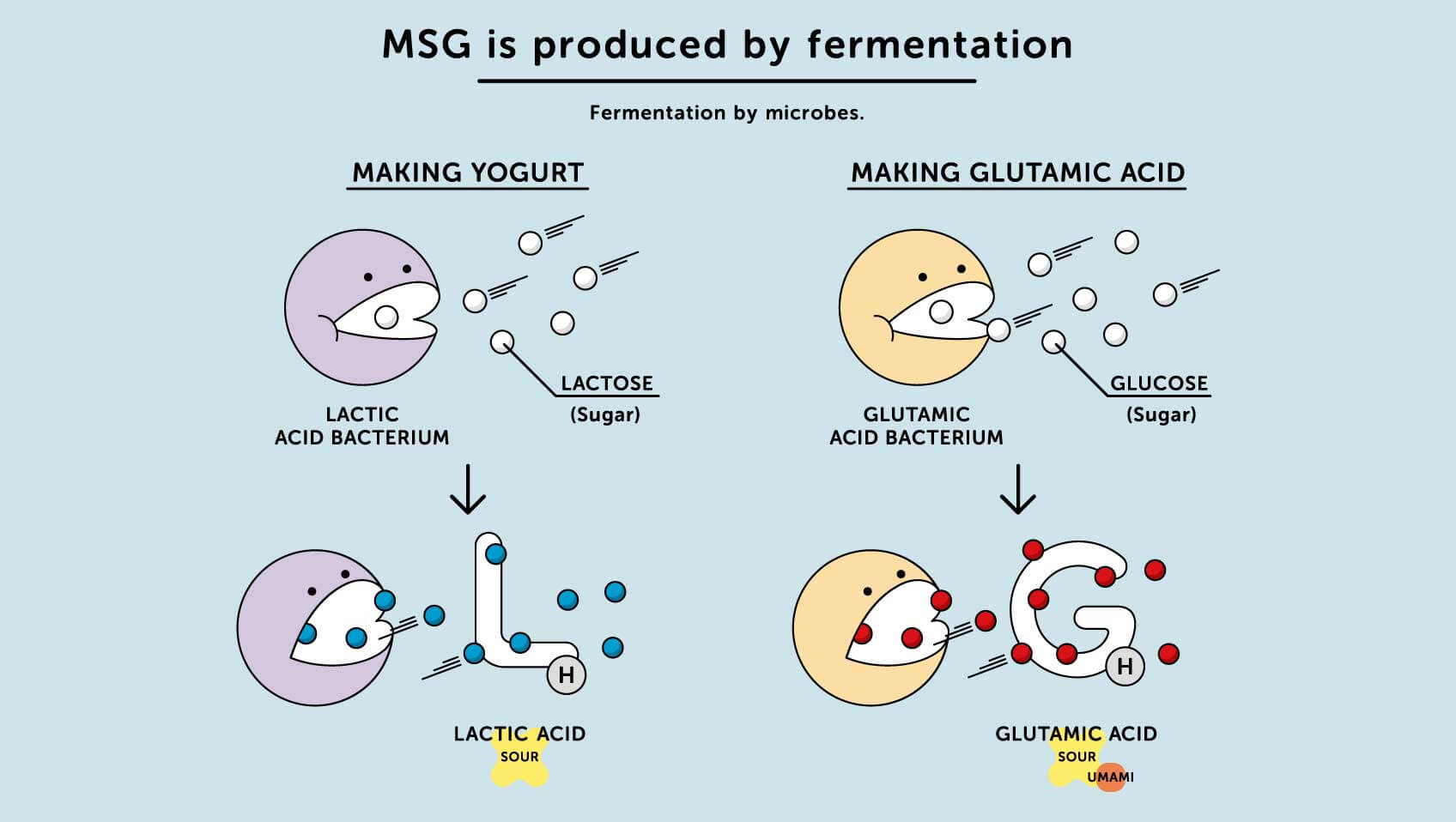
Post a Comment for "Monosodium Glutamate Have Gluten"